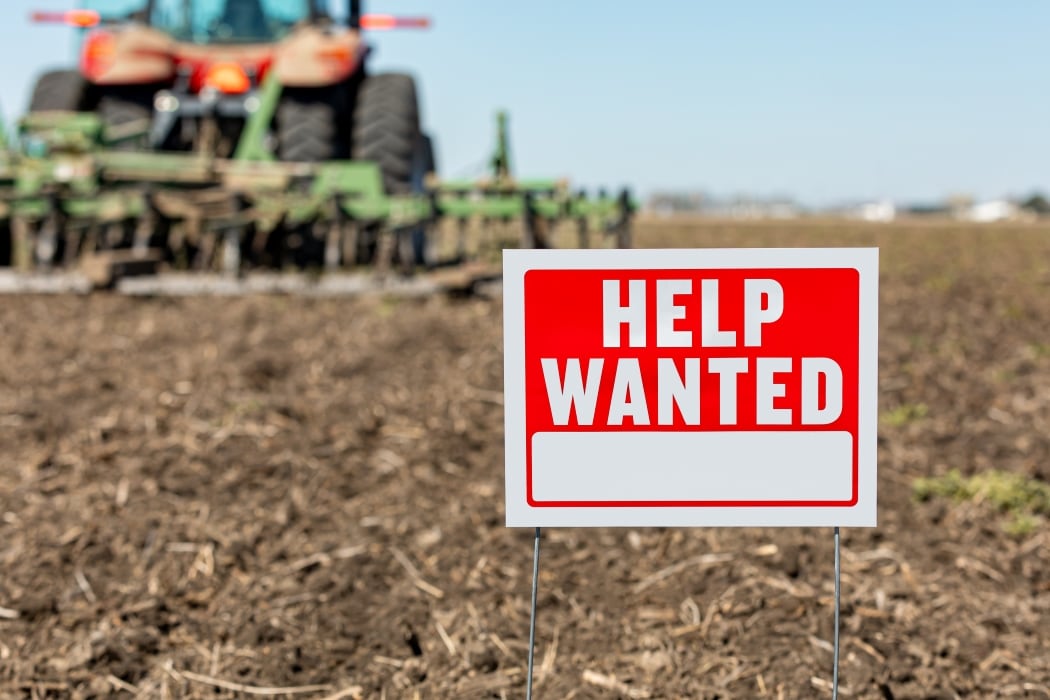With food insecurity and labour shortages remaining pressing concerns, food manufacturers need to maximise digital solutions to stay ahead of the game.
In an era of technological advancements and global interconnectivity, one might assume that access to a safe and steady food supply is a given. However, the reality is far more complex. Food insecurity remains a pressing concern, with multifaceted implications that extend beyond mere availability. As we delve into the intricate web of the food supply chain, we uncover challenges related to safety, quality, and labour shortages that demand innovative solutions.
The current landscape
Recent statistics from a Food Standards Agency (FSA) survey in July 2023 reveal a disconcerting truth: food insecurity has escalated by 9%. This escalation is not isolated; it echoes a broader trend across the UK and Europe. Instances of extreme weather conditions, supply chain disruptions and geopolitical uncertainties have converged, highlighting the fragility of our food systems.
The repercussions extend beyond just a scarcity of food. Safety concerns become amplified as hurried processes and strained resources compromise rigorous quality checks. In a bid to meet demand, corners might be cut, inadvertently jeopardising food safety standards.
The safety-first imperative
Ensuring food safety is paramount, yet it becomes an intricate dance amid times of insecurity. Instances of contamination or adulteration can have dire consequences, affecting public health and eroding trust in the industry. In 2023, the UK witnessed several high-profile recalls due to potential contamination of popular packaged foods. Instances like this underscore the need for stringent safety protocols and traceability mechanisms throughout the supply chain.
Quality & consistency under strain
The allure of fresh, high-quality produce is increasingly set against the reality of supply disruptions. As labour shortages impede the seamless movement of goods, quality takes a hit. Perishables that once made swift journeys from farm to table now face delays, impacting taste and nutritional value.
With economic pressures being felt across the industry, manufacturers and suppliers alike are exploring cost-effective alternatives, which not only impact consistency but require extensive reformulation efforts.
Labour shortages: a complex conundrum

One of the cornerstones of a functioning food supply chain is labour. From planting and harvesting to processing and distribution, countless hands are involved. However, labour shortages have become a recurring challenge, exacerbated by various factors including Brexit, changing demographics and even global events such as the pandemic.
In the meat processing sector, for instance, labour shortages have led to reduced production capacities and increased reliance on automation.
Data fragmentation

The modern food supply chain operates within an intricate network of interconnected processes, yet the issue of data fragmentation looms large over efforts to ensure food safety. Collation, access, standardisation and timeliness of data present significant challenges that need to be addressed. The data generated at various stages of the supply chain often remains siloed, leading to a lack of holistic insights. This fragmentation hampers the ability to identify potential safety risks and respond effectively. Access to crucial data can be restricted due to proprietary systems, inter-organisational barriers, and data privacy concerns. Moreover, data standardisation is essential for meaningful analysis, but variations in formats, units and terminologies hinder effective comparison and interpretation. The timeliness of receiving data is equally critical. Delays in data reporting and sharing can impede swift responses to emerging safety threats.
To truly enhance food safety, the industry must prioritise efforts to streamline data collation, establish accessible platforms, enforce standardised data formats and implement real-time data sharing mechanisms. Only through these measures can the food supply chain overcome the challenges posed by data fragmentation and effectively safeguard the quality and safety of the food we consume.
Innovation is key
Innovation plays a pivotal role in ensuring stability across the food sector, particularly in the face of supply chain disruptions and factors impacting food security. The Covid-19 pandemic highlighted the vulnerability of centralised food manufacturing and the importance of diversifying supply chains. Innovation in supply chain management, such as leveraging digital technologies for real-time tracking and predictive analytics, can enhance agility and responsiveness.
Moreover, advancements in sustainable farming practices, vertical farming, and alternative protein sources contribute to a more resilient food system. Collaborative initiatives between industry stakeholders, governments and research institutions can facilitate the development of innovative solutions.
Digital solutions: a beacon of hope
Amid these challenges, digital solutions emerge as beacons of hope. The integration of technology can facilitate greater transparency, efficiency and accountability within the food supply chain.
Data-driven insights can optimise distribution routes, reducing food waste and minimising the carbon footprint of the supply chain. Automated quality control mechanisms can also enhance the monitoring of product quality, ensuring that only items meeting rigorous standards reach the market.
As we navigate these turbulent waters, digital innovations enhance transparency and traceability, mitigating risks related to food fraud and contamination. Digital solutions like those offered by TraceGains can play a pivotal role. TraceGains leverages technology to connect, standardise and automate information across the supply chain, to empower stakeholders across the food supply chain with actionable data and insights. By fostering collaboration, utilising a network approach and data-driven decision-making, TraceGains’ suite of solutions enables the industry to address the intricacies of food insecurity, safety, quality, and labour shortages in a holistic manner.
Embracing collaboration
In the face of these challenges, collaboration becomes paramount and through a business ecosystem community and networked ingredients marketplace that is TraceGains Gather™ businesses of any size have access to a global ingredients database, with critical data, risk alerts and horizon scanning at the click of a button.
The path towards a resilient and secure food supply requires a multifaceted approach. With a spotlight on safety, quality and labour shortages, it's evident that the digital realm offers transformative possibilities. As we embrace innovative solutions, we must remember that food insecurity is not solely a concern of scarcity; it encompasses a broader spectrum of challenges that necessitate our collective attention and action. By embracing digital innovation, the food sector can adapt to changing conditions, secure supply chains and ensure food security for populations worldwide.






